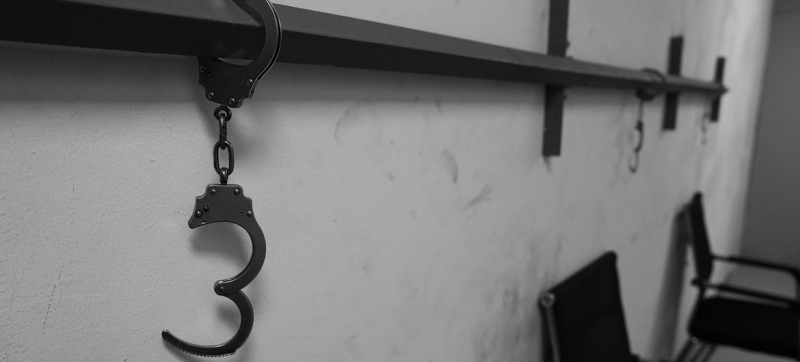
Those who do not fulfill their quota for “earned” money fraud is often tortured. Organized crime: torture rooms and karaoke bars on ‘scam farms’ in Southeast Asia Peace and Security
Transnational crime syndicates in Southeast Asia are increasingly engaging in human trafficking for forced criminal activity and sexual exploitation in “scam farms” across the region, according to the UN.
It is estimated that there are about 400 such businesses in the Philippines alone. The proliferation of online “farms” seeking victims around the world is a relatively new phenomenon, with their numbers increasing sharply during the COVID-19 pandemic.
The Philippine Presidential Commission Against Organized Crime has been conducting raids in recent years and has already shut down dozens of illegal businesses. The Commission is working with the United Nations Office on Drugs and Crime (UNODC) to develop cooperation with other countries to disrupt and dismantle scam farms throughout Southeast Asia.
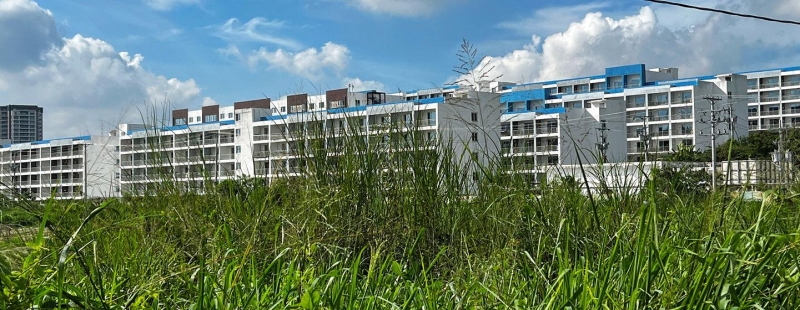
Hundreds of people can live and work on “rogue farms.” Pictured: a criminal enterprise in Manila, Philippines.
UN News Service correspondent Daniel Dickinson visited two sites closed following raids in the Philippine capital Manila and Bamban in the north of the country. He spoke with Filipina Susan and Malaysian Dylan (names changed), who were coerced into participating in the scam, as well as Winston Casio of the Presidential Commission.
Susan: “My stepsister tricked me into leaving home and going to Myanmar, where I was promised a job in marketing for her company. It turned out to be a “scam farm” and I was forced to work to pay off my sister’s debts since she ran away.
They gave me a fake biography: a wealthy young woman from Brooklyn, New York, who owned real estate and her own business. To be extra convincing, the managers provided me with “my” photos—photos from a random Instagram account—and told me to contact divorced or single men in the United States and ask them to transfer money to me. It’s called “love fraud.” The fictional character in the photos provided does nothing but go shopping, but I couldn’t even go outside. I was trapped inside the building.
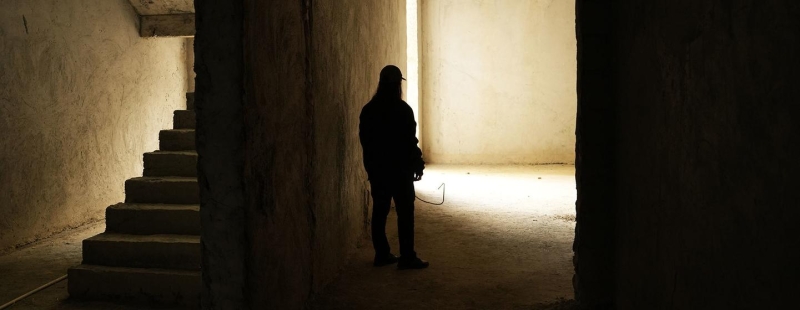
Susan was a victim of exploitation.
We were given scripts to use in messages, and when we had to improvise, I used the app to test my English. If the client wanted to see each other via video call, then there are models who play this role. Models are also victims of human trafficking.”
Dylan: “Most people don’t want to be there. You have to work up to 16 hours a day because you need to communicate with clients from different time zones. In one of the assignments, I had to persuade some businessmen to invest in a fictitious oil deal in Dubai, and then steal their money.
There are quotas for the amount of money you must obtain by fraud. I was given the goal of “earning” $100,000 a month, and when I failed to achieve that goal, I was beaten.”
Winston Cascio: “We rescued about 680 people at the “fraud farm” in Bamban, but we think a few of the managers ran away because someone tipped them off.
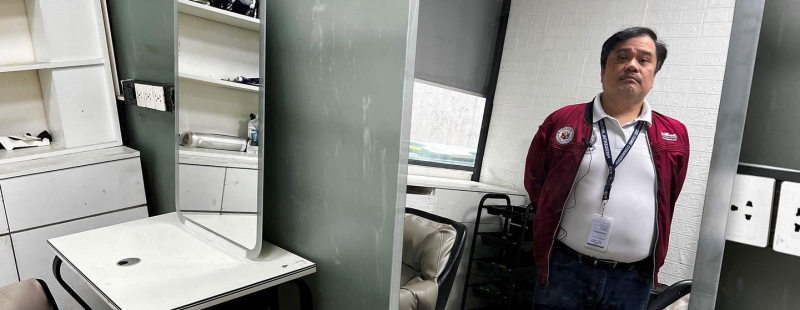
Winston Cascio in the barbershop of the former “farm” in Manila.
These are huge enterprises. People are not allowed to leave the area. They are held against their will and forced to engage in scams and fraud. Women are sold as sex slaves. The managers of one “farm” had a so-called “aquarium” where women were forcibly exposed to public view, and then men selected them for sex.”
Each enterprise has everything so that it does not have to leave: dormitories, cafeterias, as well as a hairdresser, medical clinic, massage parlor, gambling hall and even a VIP karaoke bar for senior managers.
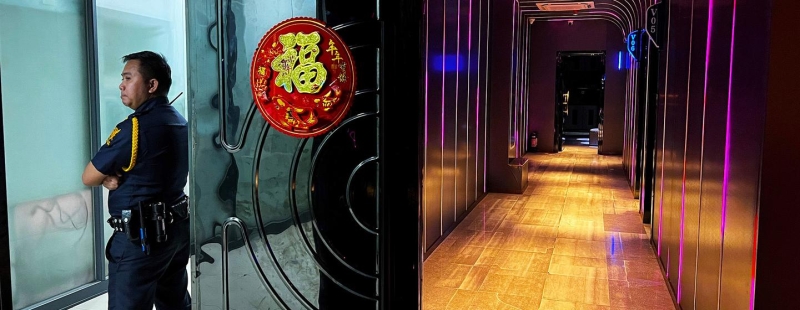
Karaoke bar a few meters from the “torture room”.
Just a few meters away is a “torture room” with handcuffs and blood stains on the walls, where people were taken for brutal punishments when they did not bring in enough revenue.
Susan: “I was close to stealing some clients’ money, but I was ashamed, so I secretly warned them and told my manager, that they blocked me. He got angry and beat me with a metal pipe. My injuries were too severe to be treated at the “rogue farm”, so three guards took me to the hospital. I couldn’t tell the doctors what really happened to me. I still suffer from the physical and emotional trauma.”
Dylan:“I didn’t receive a salary, but I started to accumulate debts because I had to pay for food, which on the “rogue farm” cost two to three times more than outside it. I was released a month later as a result of the raid.”
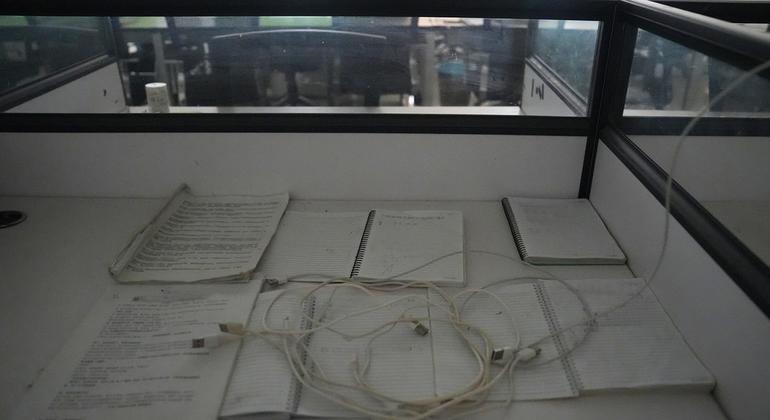
Winston Cascio:“Sometimes it is difficult to understand who is the victim and who is an accomplice to the criminals. There are cases where people are taken against their will, but after four to five days of training, they engage in illegal activities, thrive in it and actually earn money for themselves. The law wants to see this situation in black and white, but this is not always the case.
The situation is more than complicated, because transnational organized criminal networks, who manage these facilities are always three or four steps ahead of us.
This is a regional problem that the country cannot solve alone. This is organized crime. Susan will confirm that the furniture and computer equipment are the same at the Myanmar and Philippines sites.
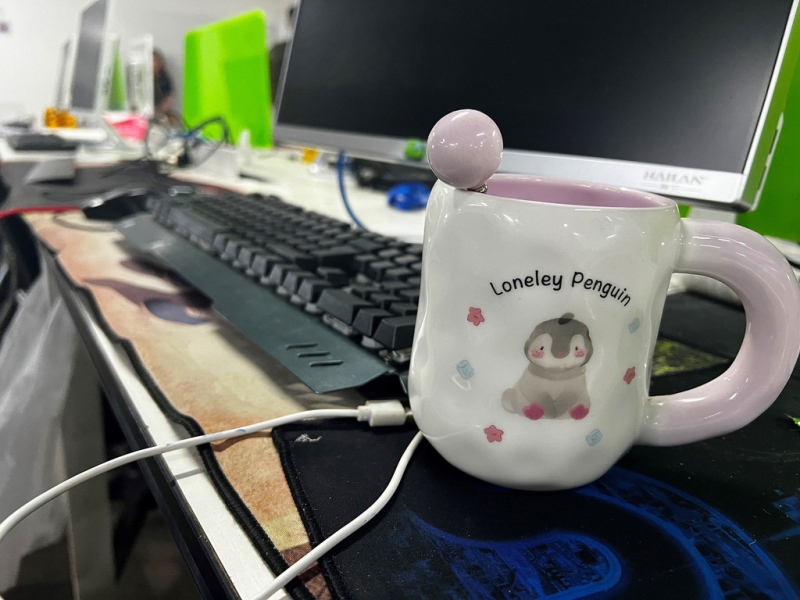
Workplace at a “fraud farm” in Manila.
Law enforcement agencies throughout Southeast Asia must cooperate and coordinate with each other, which is why the work of UNODC is important. It can bring countries together and provide expertise in, for example, digital forensic investigations.” 13 times in one day. I just prayed while they beat me. I was forced to call my parents and ask them to pay $7,000 for my ransom, which was the cost of the hospital bill. They had no money and I told them not to try to find it. I told my bosses, “Just kill me.” They don’t care about people. They only care about money. However, they eventually realized that I had no money and that I was of no use to them, so they just let me go. I returned through Thailand to the Philippines.”
Susan is now working with the Presidential Commission Against Organized Crime in Manila, and Dylan has agreed to be witness in the upcoming trial and hopes to return home to Malaysia.
